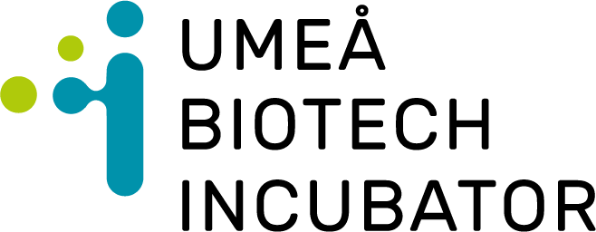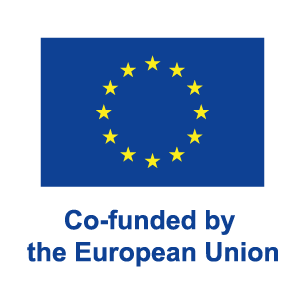Acne impacts millions of lives negatively all across the globe
Acne is associated with diminished quality of life, lower self-esteem, and even suicide attempts. The social, psychological, and emotional impairment that can result from acne has been reported to be similar to that associated with epilepsy, asthma, diabetes, and arthritis. The problem does not go unnoticed or without remedies, but they are not sufficient or efficient enough, and the different treatments come with problems ranging from antibiotic resistance to skin irritation.
Fortune Business Insights estimates the global acne treatment market to USD 11.09 billion in 2023 and it is projected to grow to USD 17.48 billion by 2032. North America is dominating the global market with a share of 49.14% in 2032.
The reason behind inflammatory acne is still not clear
Although inflammatory acne has been well characterized clinically, the mechanisms by which inflammatory lesions arise are still poorly understood. Excessive growth of the human skin bacterium Propionibacterium acnes, which is normally present on the skin, has long been associated with inflammatory acne. The bacteria can form large aggregates or biofilms, which may contribute to resistance towards antimicrobial agents.
Current effective treatments may elevate antibiotic resistance
Antibiotics are effective for acne treatment but require at least a 12-week treatment and this is associated with the risk of bacterial resistance. The prolonged treatment (12–16 weeks) negatively influences compliance and the problems recur as soon as the antibiotics treatment is withdrawn. There are also creams etc. for topical treatment, but many modalities cause local skin irritation.
Lowering antibiotics-use and helping acne patients at the same time
We have identified a bacterial protein that can degrade Propionibacterium acnes biofilm in vitro. The properties of the protein are unique and the approach to target biofilms in acne vulgaris is novel. Our strategy is to purify the bacterial protein and use it as an ingredient of a facial cream.
Compared to the currently available acne treatments our proposed product has the potential to:
• Combine daily habits of applying facial cream once a day and reduce appearance of acne lesions in five days.
• Lower the use of antibiotics which is beneficial for patients, health care, and society at large.


